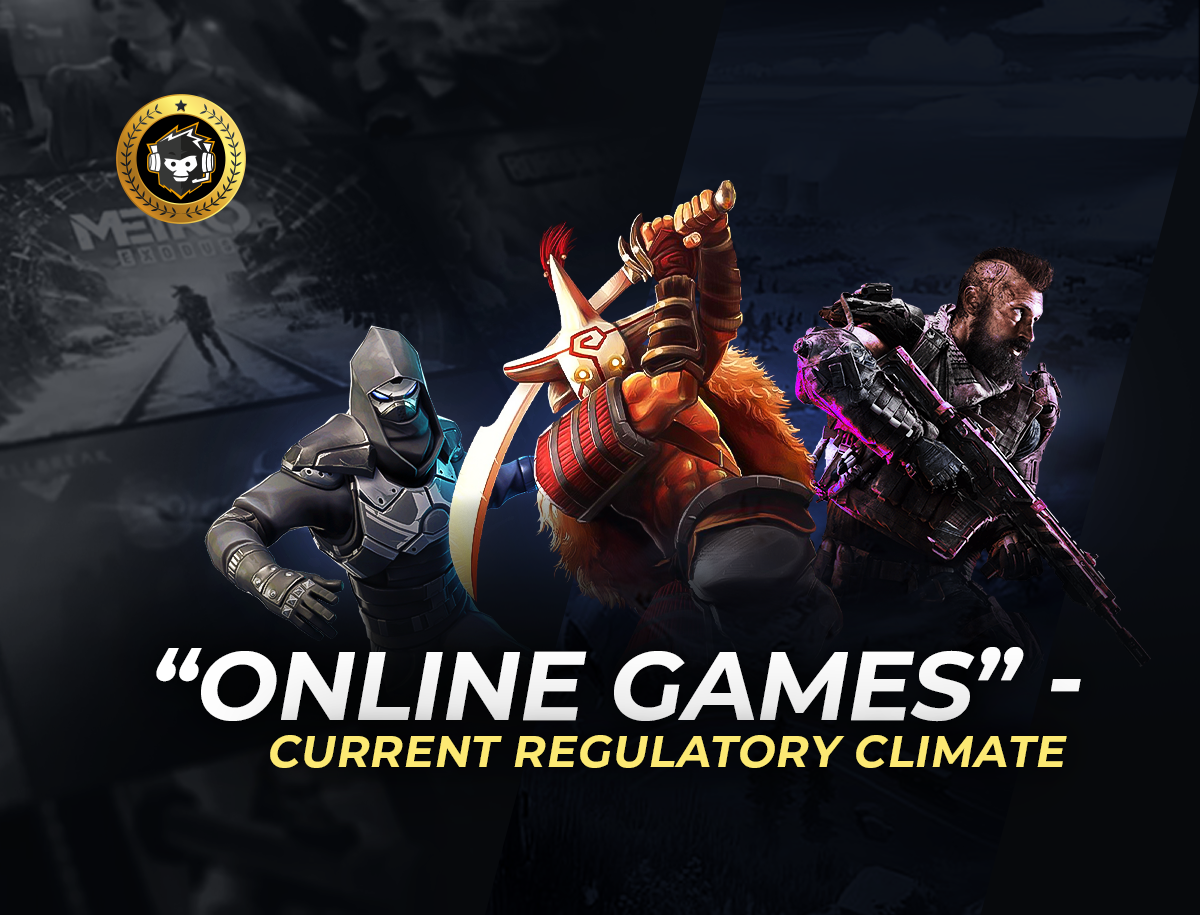While betting and gambling are state subjects, the Internet is entirely the domain of the Central Government and by extension, Online Betting/gambling as well as real money games come under the oversight of the central government. In January 2023, the Ministry of Electronics and Information Technology (MeitY) released draft amendments to the IT Rules aimed at regulating “online games”. This amendment officially defined “online games” and sought to create a safe environment for Indians involved in real money games while addressing issues inherent in the digital format.
In physical casinos, players can observe the game directly, reducing the risk of manipulation. But in an online environment where software is managing the flow of the game, there is a strong potential for malicious exploitation using bots or random number generator (RNG) manipulation. For example, the way cards are dealt to players can be controlled in specific ways to ensure that “the house always wins,” and players may unknowingly compete against bots. Additionally, the software mechanism can also be scripted to create an addiction loop, initially allowing users to win before altering the algorithm to harm them.
Playing real money games (although it is a game of skill) comes with an inherent risk of financial loss and habit formation. This is why RMG companies are required to disclose these risks in all their marketing materials. Offshore betting and gambling platforms pose an even greater threat as they are outside Indian jurisdiction and regulations and pose money laundering and national financial security concerns
Players who play using real money face severe financial crisis, leading to family problems and, tragically, even suicides. To address these concerns, the government introduced several regulatory measures for online games:
-
RNG and No-Bot CertificationGames are required to obtain Random Number Generator Certificate and No-Bot Certificate from authorized and independent third-party agencies to ensure that there is no malicious software.
-
eKYC MeasuresThe games must ensure that they are not accessible to users under the age of 18.
-
Grievance Redressal & Compliance OfficerCompanies must appoint a Grievance Redressal Officer to promptly redress complaints from all users and a Compliance Officer to ensure that the business complies with all provisions of the Act.
-
Self-Regulatory Bodies (SRBs)The industry-led SRB will only review, certify and permit skill-based games that implement the rules described above.
While this is great for promoting safe and responsible real-money gaming, what does this have to do with video games? Nothing, but when these amendments were first introduced for public consultation, video games were caught in the crossfire (remember when I first mentioned how the universal term ‘online games’ could be problematic?).
In their original form, these amendments applied all the above regulations to video games as well, which many call ‘blanket regulation’. Clearly, this is an existential threat to India’s nascent video game industry.
To illustrate this, imagine a hypothetical scenario where a small indie game development studio from India launches a hit video game called “Starbound Adventures,” a simple, point-and-click game with no elements of real money gaming or gambling. Working with a limited budget and a small team, the studio relies heavily on the global reach and accessibility of its game to sustain its business.
However, due to new regulations initially introduced for online real-money games, “Starbound Adventures” falls under the same stringent regulatory requirements for gambling apps. To comply, the studio must now acquire a Random Number Generator Certificate and a No-Bot Certificate, even if their game does not use these systems. In addition, they need to implement eKYC measures, blocking any users under the age of 18, which cuts out a significant portion of their audience. They also need to appoint a grievance redressal officer and a compliance officer – roles that are not only unnecessary for their type of game, but also financially burdensome given their limited resources.
Caught in such harsh regulation, studios could be in danger of survival. The costs and operational demands imposed by these misplaced regulations could put them out of business despite having a popular and ethically sound product.
This was a scenario that was entirely possible if these prescribed compliance and regulatory measures were implemented. Therefore, by following this initial draft, video games were able to be taken out of the ambit of these regulations to some extent.
So, technically video games are not regulated in any form in India at the moment and all regulatory measures are targeted only at real money games (some lawyers have different opinions on this, but lawyers have rarely agreed with each other or anyone on this matter).


